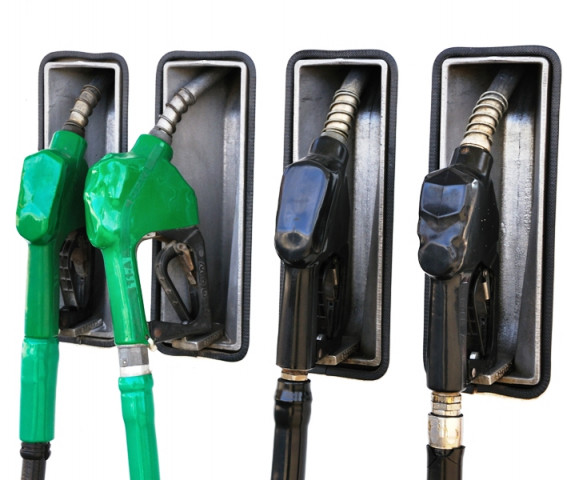Ministry’s plan to take control of OGRA gets stuck
Law minister terms petroleum ministry’s move unconstitutional.

A plan to give control of the Oil and Gas Regulatory Authority (Ogra), the oil and gas industry regulator which comes under the Cabinet Division, to the Ministry of Petroleum and Natural Resources has got stuck as the Ministry of Law terms the move unconstitutional.
According to sources, Law Minister Farooq H Naek, in a meeting held on July 12 chaired by Prime Minister Raja Pervez Ashraf, declared that it would be unconstitutional to give the regulator under the control of petroleum ministry.
“The post of Ogra chairman is tenure-based and, therefore, it will be unconstitutional for the petroleum ministry to run Ogra,” a source said quoting the law minister.
At present, all regulatory bodies like National Electric Power Regulatory Authority (Nepra), Pakistan Electronic Media Regulatory Authority (Pemra), Ogra, Securities and Exchange Commission of Pakistan (SECP), Indus River System Authority (Irsa) and Pakistan Telecommunication Authority (PTA) are working under supervision of the Cabinet Division.
However, the petroleum ministry wants to get control of Ogra following objections raised by the regulator against liquefied natural gas (LNG) and liquefied petroleum gas (LPG) air mix projects, which were proposed by the ministry.
According to a participant of the meeting, the petroleum ministry made a fierce attack on Ogra for becoming a stumbling block in the government-backed LNG import project, which would bring 800 million cubic feet per day (mmcfd) of gas. However, he added, Ogra Chairman Saeed Khan assured the ministry of cooperation in the project to overcome the energy crisis.
Ogra wants the government to hire a consultant to evaluate the project. It stresses transparency and desires to push other LNG import projects, which are already in the pipeline.
Ogra officials say the regulator is independent and is playing its due role by furnishing comments on different gas projects proposed by the ministry.
“Our role is to safeguard the interests of consumers and it is the right of the regulatory authority to raise concerns over price issues,” an Ogra official said, adding it was up to the Economic Coordination Committee (ECC) to accept or reject the regulator’s opinion.
Another Ogra official told The Express Tribune, “We want to facilitate the petroleum ministry in implementing policies of the government. But we should ensure competitive bidding and transparency in LNG import to protect the rights of consumers.”
He stressed, “We give our opinion to ensure transparency and it is up to the competent authority to decide the fate of Ogra.”
However, the petroleum ministry argues Ogra is not a policymaker. The ministry also wants the government to waive Public Procurement Regulatory Authority (PPRA) rules for 800 mmcfd LNG import.
The adviser to petroleum minister and other top officials of the ministry could not be reached for comments.
The ministry seeks to strike deals with LNG traders who have quoted prices above $18 per million British thermal units (mmbtu), which will lead to an increase in prices of locally produced gas.
ECC has also approved the LPG air mix project to inject 150 mmcfd, a move that will push up prices of natural gas by 29% for all consumers.
“Ogra had pointed out such increases in gas prices, which will affect consumers,” a government official said, adding these observations had irked the ministry’s authorities.
“International donors are also against putting Ogra under the purview of petroleum ministry as they support regulators working as independent bodies without any interference of the government,” the official said.
Published in The Express Tribune, July 20th, 2012.


















COMMENTS
Comments are moderated and generally will be posted if they are on-topic and not abusive.
For more information, please see our Comments FAQ